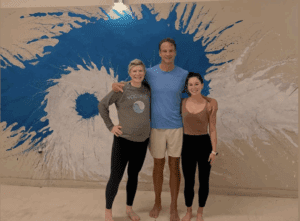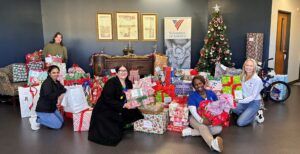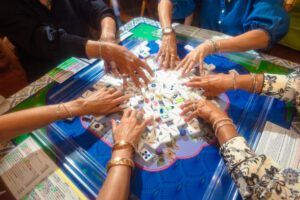Heart to heart: Rebecca Klar on family ties
I’ve spent more time than most thinking about hearts. Nine years ago, as an anxious first-time mom, I rushed our 2-week-old son, Barrett, to the pediatrician because he was spitting up. What I thought might be reflux turned out to be his body systems shutting down—he was in cardiogenic shock from prolonged supraventricular tachycardia (SVT) and resulting cardiomyopathy. His heart was beating almost 300 beats per minute, until it eventually began to tire out, enlarge and just about stop. It seemed unlikely that his heart would regain function. The doctor explained Barrett’s critical condition and advised that family should come be with us as we braced for the worst possibility: that he would not make it.
I live daily with the excruciating pain and fear from that day and all the tenuous days that followed—my own heart twisted at the thought of those words coming true, and never bringing our baby back home to his carefully planned nursery, never wearing the tiny clothes hanging neatly in his closet.
Thankfully, Barrett did make it that night, and all the nights after that. He slowly got stronger in the weeks and years that followed, finally culminating in his heart surgery at Texas Children’s on Valentine’s Day in 2018. The surgery repaired his SVT and Wolff-Parkinson White, an extra accessory pathway in the heart that can cause sudden cardiac death. Today, he leads a healthy, normal life like any other 9-year-old.
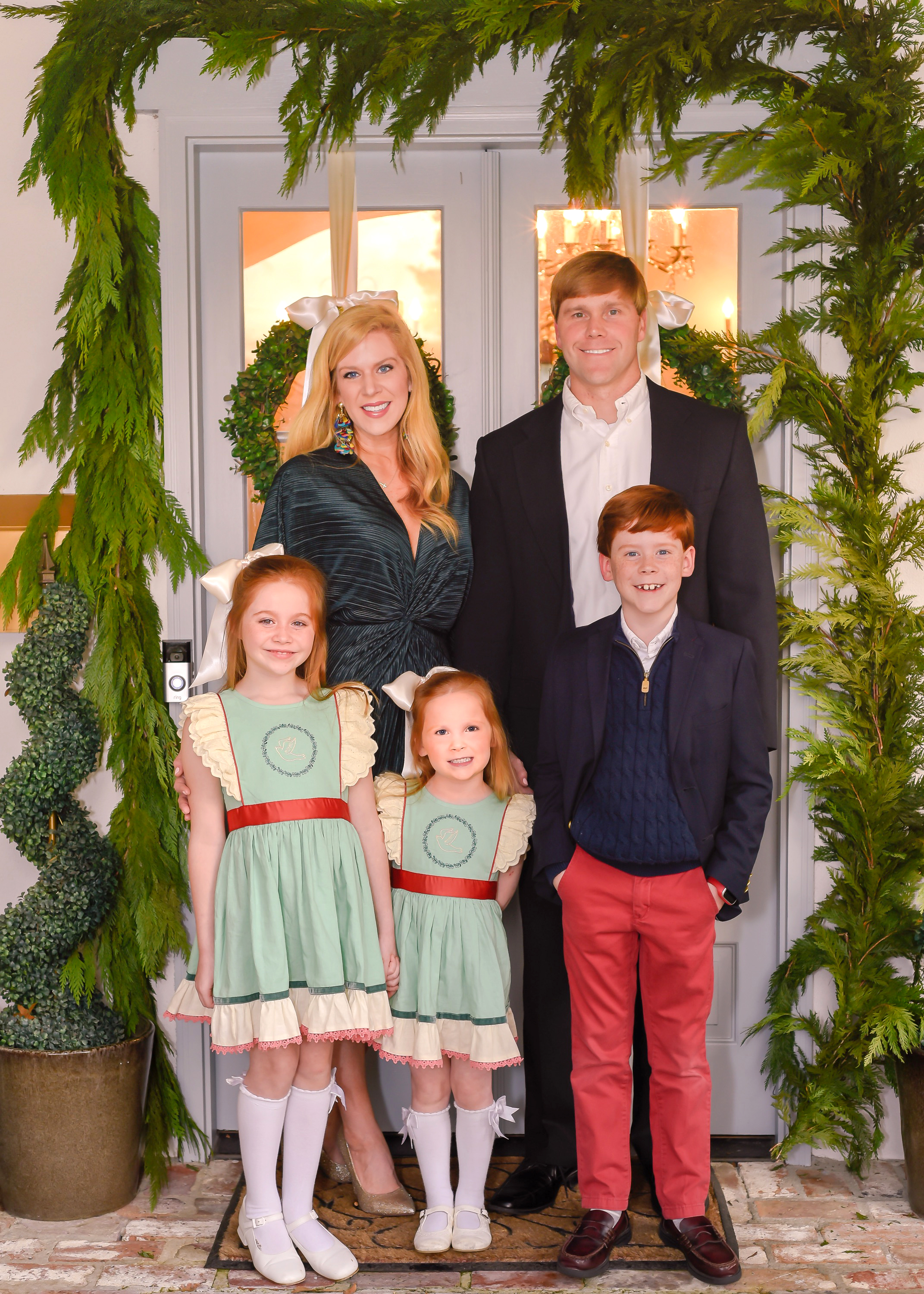
The not-so-deeply-buried trauma of almost losing a child to heart disease ended up preparing me in ways I couldn’t have predicted. Only five months after Barrett’s heart surgery last year, I experienced a cardiac episode of my own. After a perfectly normal Saturday at home with my husband Kris and three children, I jumped in the shower to prepare for dinner with friends. I started to feel very sick, very suddenly. I was dizzy and weak and had to hold on the shower wall to keep from falling down. I slowly wrapped up in a robe, grabbed Barrett’s heart monitor and told Kris that I was not well. He had me lay down while he took my heart rate with the pulse oximeter. We both saw the results at the same time.
247 beats per minute.
A huge lump formed in my throat. Our eyes met. This can’t be happening, I thought. Through a breathing technique called the vagal maneuver, I was able manipulate the electrical signals going to my heart which resulted in my heart rate slowly going down. Kris and I knew what to do because of our history with Barrett. It was both a blessing (no learning curve) and a curse (we knew the severity of the situation). The whole episode lasted no more than 10 minutes, but those 10 minutes changed everything.
After the SVT, I had significant chest pain plus cramps and flutters. I went from no symptoms to tons of symptoms overnight. I was so exhausted that I couldn’t bathe my kids at night. I couldn’t tuck them into bed. I was put on a beta blocker and underwent a battery of tests to determine that I, too, needed surgery. Although beta blockers work so well for so many people, it made me unbelievably dizzy and almost unable to function. I was miserable.
I was also riddled with guilt.
Is it possible that Barrett inherited all of his heart issues from me? Although the thought of finding the origin was momentarily gratifying, the guilt that I may be the root of his suffering took my breath away.
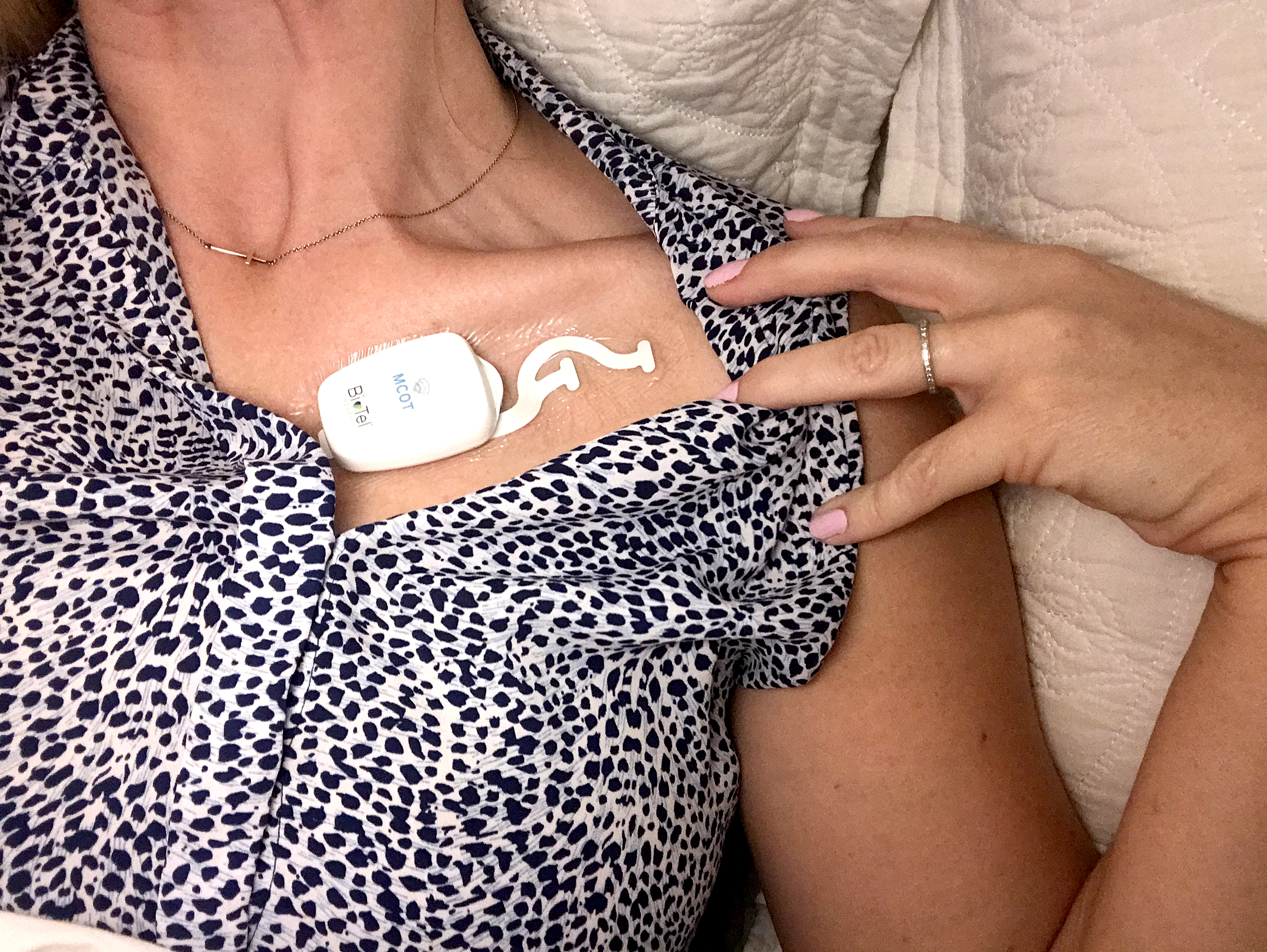
Upon reflection, I realized—if I saved him all those years ago, by nervously rushing to the doctor for a little spit up and discovering a myriad of serious issues in the nick of time, in a poignant way, I think this time he saved me. If I hadn’t been driven by all-consuming parental worry to learn about these complex electrical cardiology issues, I would not have known what to recognize and how to react when I became the patient. I might have ignored it, or thought I was too busy to look into it because “surely, it couldn’t be anything serious.”
As I prepared to have the same procedure Barrett had just six months earlier, I inexplicably wasn’t scared. My firsthand experience of Barrett’s bravery made me feel empowered and strong, when I might otherwise have felt weak. Because of his experience, I’ve felt the visceral power of overwhelming love, support and prayer for healing. I was prepared to tackle this and get it all behind us.
When I woke up, I found out the surgery—a catheter ablation with transseptal puncture—did not solve my problem. The faulty electrical pathway in my heart couldn’t be successfully removed without risk of damaging surrounding tissue and potentially requiring a pacemaker. Ultimately, it just wasn’t worth the risk to fix it.
I was devastated. I wanted it all to be done, complete, crossed off the list, and wrapped with a neat little bow. I wanted our family to finally be released from worrying about hearts. Without the anticipated “repair,” my remaining option was to take the beta blocker that made me dizzy and groggy, and not at all able to live my normal life with my husband and three young children. But after feeling so sick, I wasn’t willing to waste any more time not feeling like myself. I looked for other options.
Instead of medicine, I’ve been working with a health coach to change my heart from a nutritional and training perspective. What a difference this has made in my well being! I’ve focused on cleaner eating including no sugar and no alcohol, while eating lean proteins and vegetables with a low-carbohydrate profile. For the first time in months, my energy levels are high. And I’ve lost a bit of weight as an added benefit. This approach might not make it all go away, but it feels good to be in control of my health, at least more so than ever before. And I’m finding joy in this new lifestyle. I still have occasional heart episodes, but I’m relieved to avoid the daily dizziness of the heart medication and I’m learning to find peace despite the unexpected. I never knew that good nutrition could make such a difference. It might not fix all the heart issues. But there is a chance it could help.
Click here to read our full feature on women and heart health, with two more first-person stories of surgery and survival.







